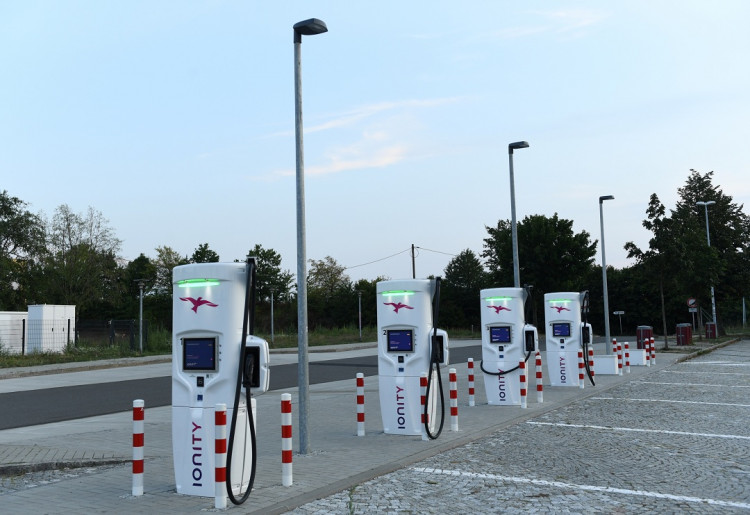After his investment lost more than 42 percent of its value, Hong Kong billionaire Li Ka-Shing had reportedly filed a bankruptcy petition against the company he had initially placed a $43.6 million bet on. The Chinese entrepreneur is well known for his string of successful investments in various industries, but his big bets in the new energy sector, unfortunately, did not work out for him this time.
Li made his $43.6 million investment in FDG Electric Vehicles more than four years ago. Since then, the value of Li's shares in the company has plummeted by more than 42 percent.
This prompted the billionaire investor to file a bankruptcy petition against the company's chairman, Cao Zhong, through his company in Canada over the weekend.
The publicly traded new energy vehicle company, which produces electric-powered buses and vans, has so far lost around 73 percent of its value since the start of the year.
Following Li's filing, the company's shares plummeted by 29 percent on Monday, sending its share prices down to HK$26.5 per piece.
According to an exchange filing with the Hong Kong Stock Exchange, the company did not anticipate that Li's actions would affect its prices so dramatically. Li currently holds a 2.1 percent stake in the new energy firm, making him its fourth-largest shareholder. Li originally bought shares of FDG at HK$46 per piece in 2015.
Despite financial backing from a number of big-name investors and the rise in popularity of new energy vehicles in China, FDG had remained massively unprofitable over the past few years.
The company reportedly wasn't able to cope with the massive headwinds facing the industry, which included the recent economic slowdown and the cutting of government subsidies.
For its fiscal year ending in March, FDG reported a net loss of around $250 million. This was preceded by a net loss of $280 million in the previous year. In its latest earnings report, FDG admitted that it was having difficulties dealing with its growing debt.
The company had apparently defaulted on a number of bank loan repayments and it has been unsuccessful in acquiring government help.
FDG also admitted that it was now negotiating with its debtors to covert its debt into equity. A report from National Business Daily even revealed that the company's subsidiary Hangzhou Changjiang Automobile had altogether stopped paying its employees due to its financial situation.
Apart from FDG, Li also invested in We Solution, a Hong Kong-based new energy vehicle manufacturer. The investment has not fared well as the company is currently trading below the price Li paid for the shares in May. Li invested in the company at HK$51 per share. As of Monday, We Solution's shares were trading at HK$46.5 per share.






